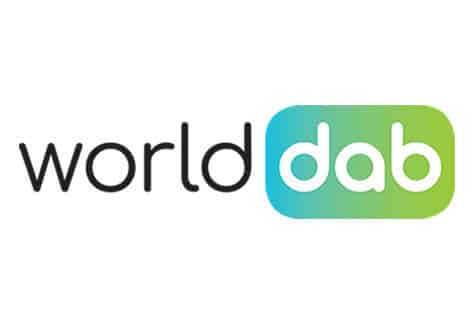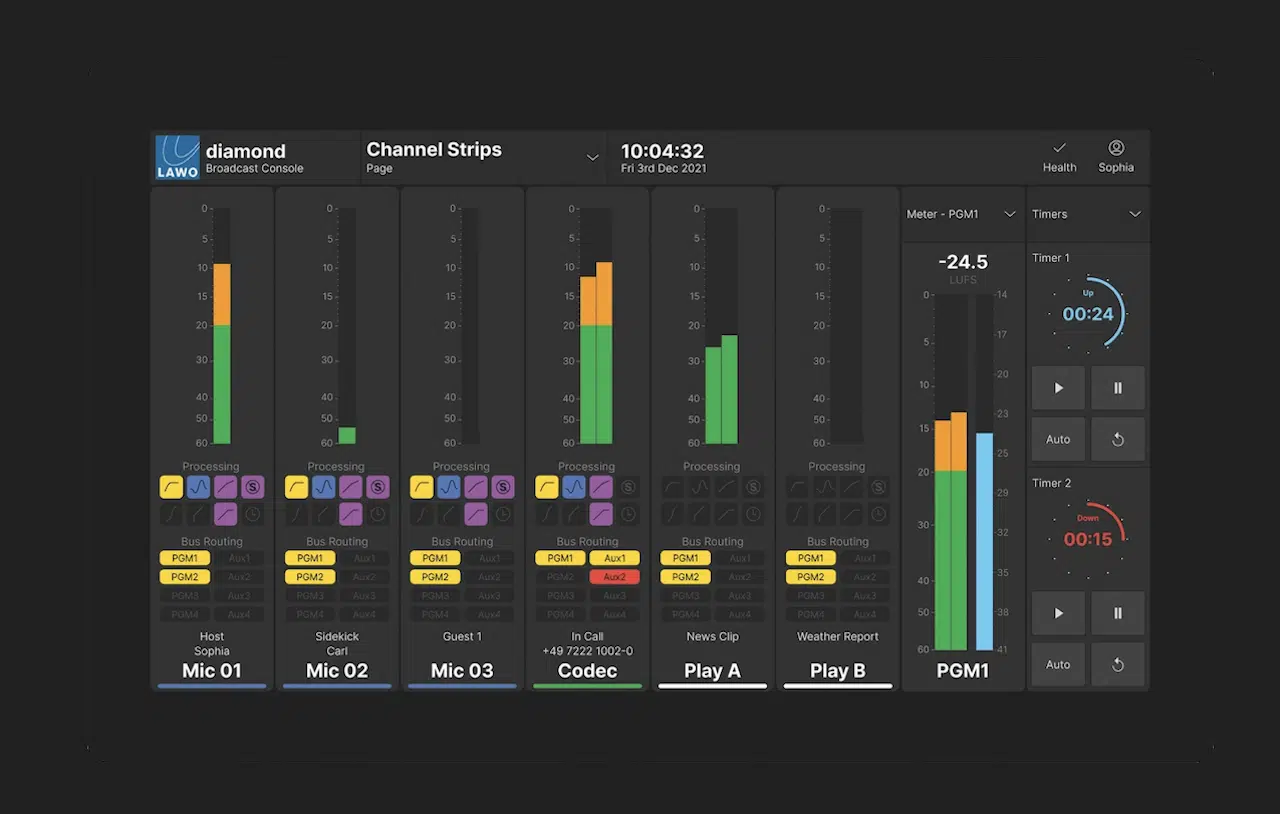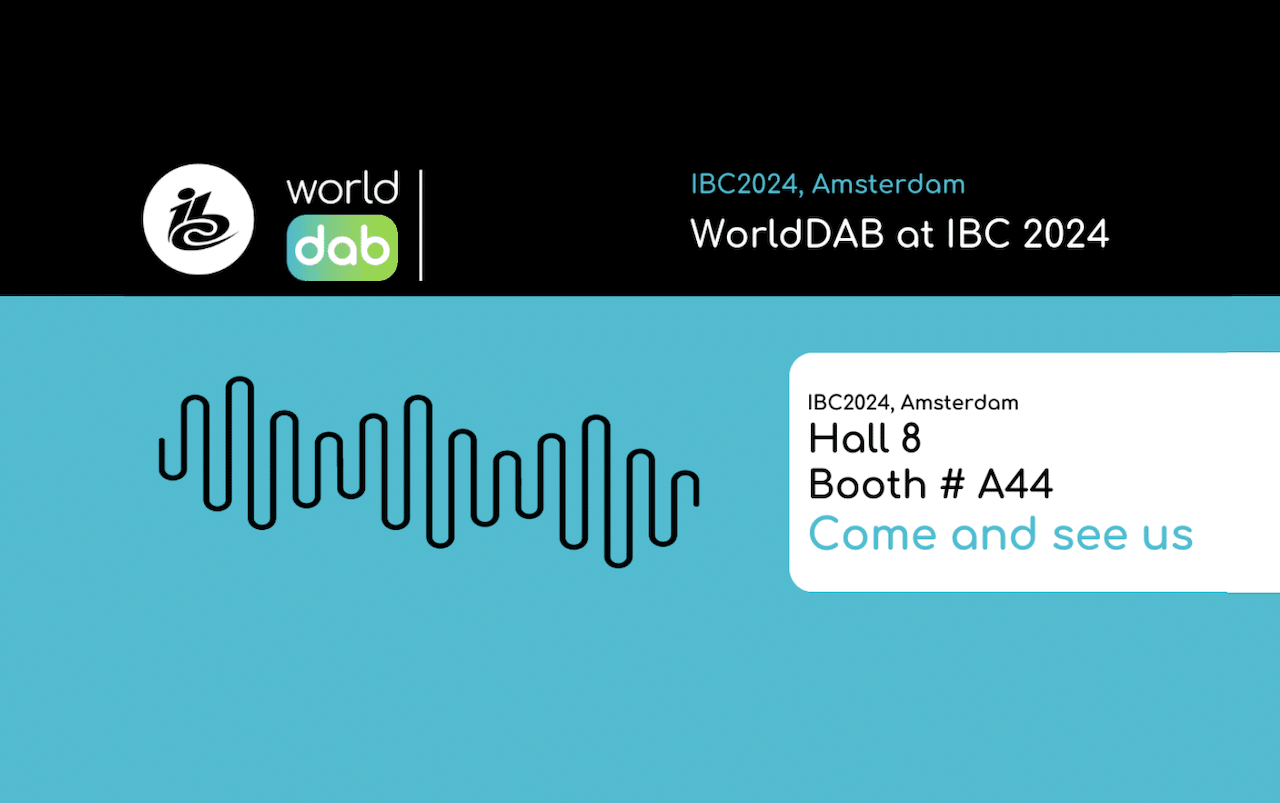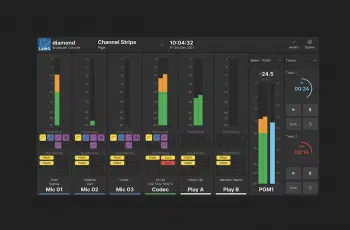
WorldDAB has released a fact sheet to help its members understand the environmental impact of DAB+.
“In 2020, the European Commission proposed the European Green Deal, a legally binding commitment for Europe to be climate neutral by 2050,” notes the WorldDAB publication. “To realise this vision, every sector of the economy has a role to play — and broadcasting is no exception.”
As the development of DAB+ digital radio continues to progress, WorldDAB says that determining the environmental impact of DAB+ is one of its key priorities.
The fact sheet presents the findings of multiple recent studies looking into the environmental and economic impact of broadcasting radio via DAB and other platforms.
The research studies focused on three areas: energy consumption, transmission costs and recycling initiatives.
 Some key findings on the the fact sheet are:
Some key findings on the the fact sheet are:
- The BBC estimates that DAB radio energy consumption per device hour (distribution and consumption) is lower than for any other platform, i.e. AM, FM, IP or DTV.
- Bavarian public broadcaster, Bayerischer Rundfunk, found that broadcasting one service on DAB+ required, on average, only one fifth of the energy required to broadcast one service on FM.
- Swiss public broadcaster, SRG SSR, estimates that after FM switch-off, the total energy consumption for broadcast radio distribution via DAB+ will be less than 10% of what it was for FM.
- MDR, public broadcaster for Germany’s federal states of Saxony, Saxony-Anhalt and Thuringia, found that radio services broadcast via DAB+ would require 10% of the currently used effective radiated power.
In terms of cost, the fact sheet cited studies on costs of broadcasting with FM, DAB and IP. U.K. Network operator Arqiva published a research study in 2019 that concluded that FM is the most expensive distribution channel, followed by IP, then DAB+. WorldDAB also notes its research study from 2017 that found that if radio was purely delivered over mobile streaming, it would use 2.2 GB/month of data per user, while broadcast radio is always free to the listener.
The publication also highlighted Norway and Sweden’s electronics recycling efforts.




















